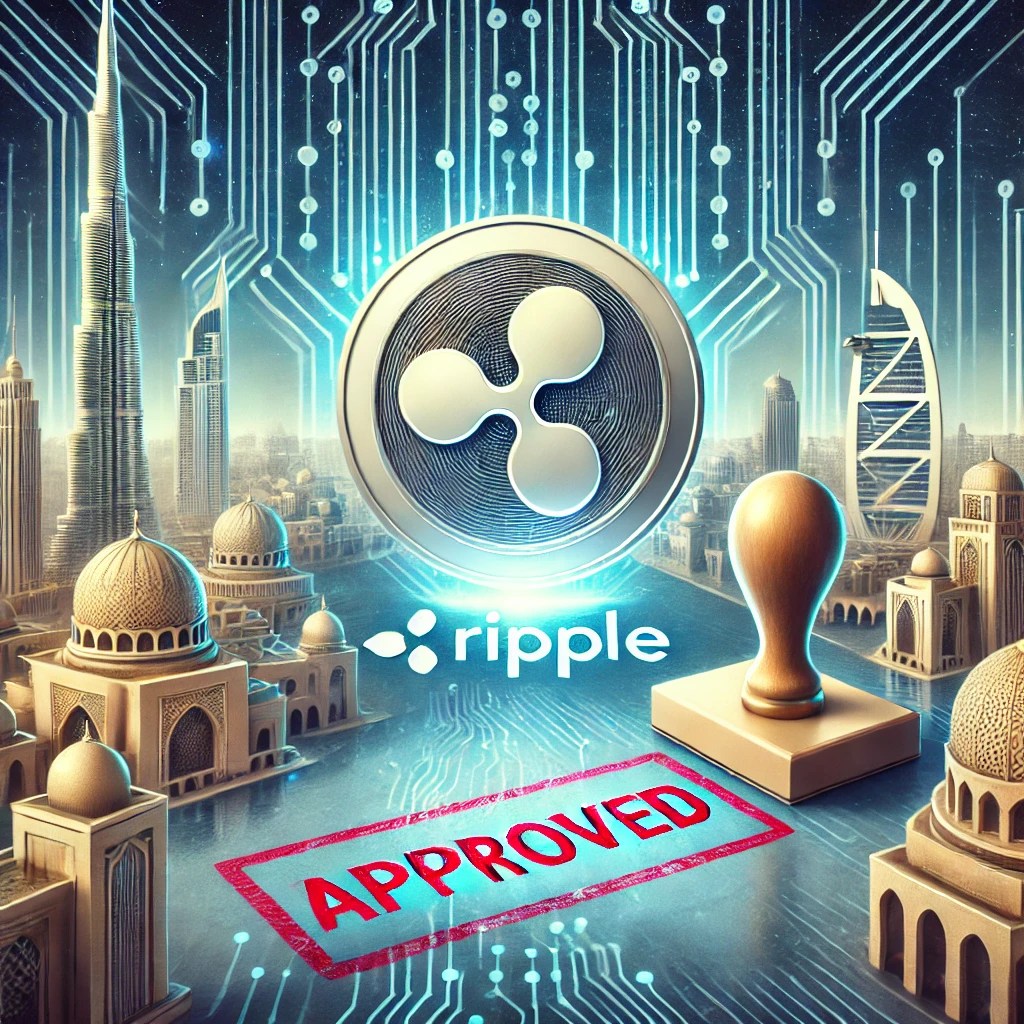In an era where digital currencies are rapidly reshaping the financial landscape, Ripple’s strategic expansion marks a significant milestone in the Middle East. Recently, Ripple secured regulatory approval from the Dubai Financial Services Authority (DFSA) to launch its US dollar-backed stablecoin, RLUSD, within the Dubai International Financial Centre (DIFC). This approval represents a pivotal step in Ripple’s journey to enhance its blockchain-based services across the Gulf region, a move that aligns with the increasing appetite for digital asset solutions in this burgeoning market.
Ripple’s Regulatory Breakthrough: Launching RLUSD in Dubai
Ripple’s introduction of RLUSD into the DIFC underscores a strategic commitment to broadening its digital asset framework within a thriving economic hub. The DFSA’s authorization enables RLUSD to serve as a payment channel on Ripple’s existing DFSA-licensed digital asset platform, paving the way for over 7,000 enterprises in the DIFC to leverage this stablecoin for cross-border exchanges, digital settlements, and other related transactions. This venture builds on Ripple’s ongoing efforts to penetrate the United Arab Emirates’ lucrative $40 billion remittance corridor.
Institutional Interest and Strategic Collaborations Drive Momentum
Ripple’s foray into the DIFC is part of a larger trend characterized by mounting institutional interest in digital currencies throughout the Gulf Cooperation Council (GCC) nations. Reece Merrick, Ripple’s Managing Director for the Middle East and Africa, notes a considerable uptick in demand for blockchain-enabled payment and custody solutions. With the RLUSD approval, Ripple is poised to meet this demand through a transparent, regulated framework. Jack McDonald, Ripple’s Senior Vice President for stablecoins, reiterated the alignment of DFSA’s decision with Ripple’s mission to foster regulated financial innovation in Dubai.
To bolster its local presence, Ripple is forging alliances with notable regional players. It has partnered with Zand, a UAE-based digital bank, and Mamo, a prominent fintech entity, signaling early adoption of Ripple’s RLUSD-driven payment solutions. Additionally, Ripple is collaborating with Ctrl Alt, a digital infrastructure powerhouse, and the Dubai Land Department on a groundbreaking initiative to digitize real estate ownership via the XRP Ledger, potentially revolutionizing property transaction frameworks within the region.
RLUSD’s Reach Beyond US Borders
Introduced in December 2024, RLUSD is underpinned by US dollar reserves and initially received endorsement from the New York Department of Financial Services. It debuted on trading platforms like Uphold, subsequently broadening its availability to exchanges including Kraken. RLUSD commands a market cap exceeding $300 million, standing in a global stablecoin ecosystem led by giants such as Tether’s USDT and Circle’s USDC, which collectively dominate the $250 billion sector.
The DFSA’s approval sets the stage for Ripple to unlock novel applications for RLUSD within Dubai’s dynamic financial sector, beyond its original remittance focus. The DIFC’s role as a forward-thinking regulatory landscape for fintech and digital assets facilitates a safe experimental ground for blockchain innovations. As stablecoins increasingly gain a foothold in global settlement and treasury operations, localized regulatory endorsements like these could propel Ripple to new heights amid a swiftly transforming financial ecosystem.
Is Ripple’s RLUSD a Game Changer in the Digital Currency Space?
Ripple’s RLUSD could potentially revolutionize digital currency transactions in regions like the Middle East, offering a stable and regulated alternative for cross-border payments. Its integration within Dubai’s regulatory framework presents unique opportunities for enterprises seeking efficient digital financial solutions.
How Does RLUSD Differ From Other Stablecoins?
RLUSD distinguishes itself by being backed by US dollar reserves and earning approvals from regulatory bodies like the DFSA and NYDFS. This provides a secure and compliant option for users looking to engage in stablecoin transactions within a regulated environment.
What Impact Could Ripple’s RLUSD Have on Traditional Banking in the Middle East?
Ripple’s RLUSD has the potential to disrupt traditional banking in the Middle East by offering lower transaction costs, faster settlement times, and enhanced security. This could encourage more businesses to transition from conventional banking methods to blockchain-based solutions.

